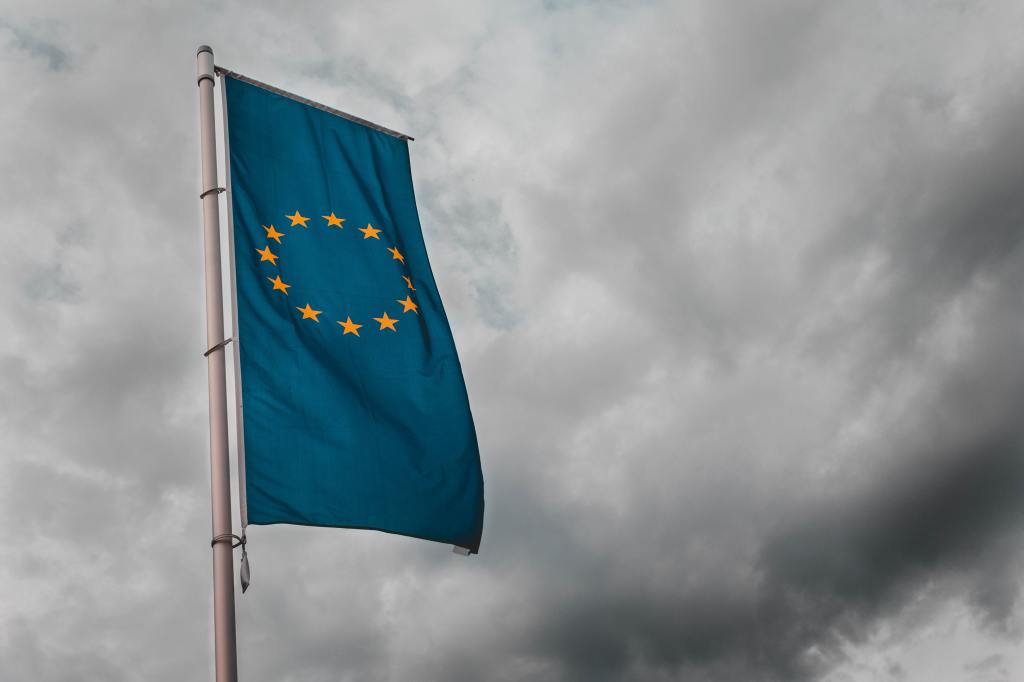In light of the recently published EU negotiating directives, Prof. Piet Eeckhout, Dean of UCL Laws and Academic Director of the UCL European Institute, argues that the EU’s demand for UK alignment with EU standards could prove problematic, as the EU itself expects the right to regulate and change its standards over time. Should the UK not be afforded this right?
There is a tension at the heart of the EU’s position on the Brexit trade negotiations. The public debate is dominated by level playing field, i.e. the EU’s insistence that the UK should not lower environmental and social standards and that the UK should perhaps even dynamically align with EU standards. The UK rejects that position, claiming that divergence is the whole point of Brexit.
What is missing from the debate is the fact that the EU, too, insists on the right to regulate – that is the right to introduce new regulations that diverge. And it is seriously difficult to reconcile this right with stringent alignment by the UK, for surely the UK must also have the right to regulate, and to diverge.
The EU’s negotiating directives speak about regulatory autonomy and the right to regulate in various places. The origins of that notion are not hard to trace – at least for lawyers familiar with the ECJ case law on EU trade and external policies. In its recent Opinion 1/17 on CETA (the agreement with Canada) the ECJ established that the autonomy of EU law, a constitutional principle, demands that the EU’s investment treaties must not interfere with the EU’s “right to regulate”. The EU institutions should continue to be free to determine the “level of protection” in areas like, you guessed it, environmental and social legislation. International arbitration to protect investors, and which may lead to often considerable financial compensation, should not deter the EU legislature from exercising its right to regulate. The ECJ’s Opinion can be seen as a response to rising levels of public anxiety about the role played by international investment arbitration – think Philip Morris and plain tobacco packaging. The threat of such arbitration may have a chilling effect on regulators.
This right to regulate, and therefore to determine the level of protection of the environment, employees, or public health, is not confined to investment arbitration, but extends to all aspects of EU trade policy. That is why the negotiating directives refer to it as a guiding principle. But surely this right must be reciprocal, meaning that the UK should also be able to determine its own level of environmental protection, for example?
In the words of the directives: “the economic partnership should ensure that the Parties retain their autonomy and the ability to regulate economic activity according to the levels of protection each deems appropriate in order to achieve legitimate public policy objectives …” (negotiating directives, paragraph 18). And, at least on the face of the ECJ case law, this level could go down, as well as up. The constitutional autonomy principle protects the EU’s sovereignty and is an expression of democratic principles. Surely the UK as a third country is also entitled to such sovereignty. So how does one reconcile this with stringent level playing field demands?
On one view, however, the ECJ never had the lowering of any standards in mind when it spoke about the right to regulate in Opinion 1/17. The EU Treaties speak about EU environmental and social policies in upward terms. The basic idea is that the EU should strive for ever better protection. If that is the starting-point, then level playing field and the right to regulate can indeed be reconciled. The EU could plausibly insist that the UK must not lower its standards, whilst accepting that it has a right to regulate – but only upwards. But that right cannot become an obligation without interfering with the UK’s regulatory autonomy. In other words, such autonomy would exclude the kind of dynamic alignment on which at least some in the EU insist.
This analysis shows that the UK’s position is not unprincipled. The argument that the right to diverge is the whole point of Brexit is true enough: “taking back control”. The Brexit referendum was also a protest vote against the forces of a globalisation which leaves many behind, and is embedded in supranational and international laws and institutions. But that does not mean that the negotiation of a mere trade agreement with the EU will be any easier than full EU membership, and that the EU will abandon demands for a level playing field. It’s not just people in the UK who are wary of globalisation. CETA is currently before the Dutch parliament. It is having a hard time to pass because of resistance against opening EU markets to Canadian products and firms in the absence of stringent level playing field provisions. EU trade Commissioner Hogan has had to step in to defend those provisions.
There is every chance that a trade agreement between the EU and the UK will also need to pass the Dutch parliament; and the parliaments of all other member states. Canada is of course a smaller competitor than the UK (in terms of economic size and proximity), and a nation which generally favours high levels of regulatory protection. So, there is every chance that the EU-UK agreement will receive much more intense parliamentary scrutiny than CETA (except perhaps in the UK!) EU politicians know why they insist on level playing field: their constituents demand it.
The clash is therefore a big one. People want to take back control, generally to ensure high levels of protection, and they don’t want trade agreements to undermine that. They also want the prosperity that trade liberalisation has contributed to. The only solution is that everyone else adopts one’s own high standards. But that sounds like the impossibility theorem articulated by Dani Rodrik, who famously argued that democracy, national sovereignty and global economic integration are mutually incompatible. It is perhaps also the impossibility theorem of Brexit and global Britain.
Professor Piet Eeckhout is Dean of UCL Laws and Academic Director of the UCL European Institute.
Note: The views expressed in this post are those of the author, and not of the UCL European Institute, nor of UCL.





Leave a comment